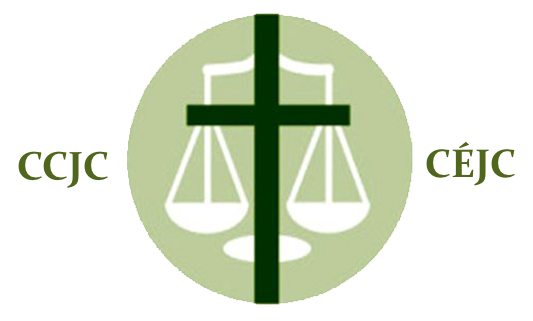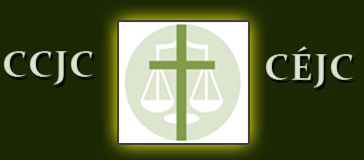Some people may consider crime to be essentially a socio-political issue, with faith having little role to play in understanding it or devising a response to it. In this short piece, the Church Council on Justice and Corrections states fundamental reasons why crime is truly a faith issue.
When a crime is committed, we learn that community is broken, and there is pain…For those doing or experiencing harm, there is a sense of separation, of being disconnected from the rest of community. We will need a restorative, healing justice.
- Crime wounds people. These wounds, and people’s dignity, matter to God, and God’s people.
- Crime creates a need for many to bring their hurt, hatred, rage and fears before God. Liturgy and sacred rituals can help people do that.
- Crime, and fear of crime, mean people get disconnected and live less than full lives. But the glory of God is man and woman fully alive!
- Crime violates God’s sense of stewardship, our call to take care of all creation, including people.
- Crime is about loss of peace and the need for peace-making, breaking the culture and cycle of violence.
- Crime shouts out for social justice: making things right and equal (e.g. questioning the human and dollar resources devoted to the prison industry rather than human services; the disproportionate number of minorities in prison).
- Crime calls those who have done harm to make radical life changes, still knowing that God’s love for them is unconditional.
- Crime calls out for responses that help build healthy communities. Religious and faith groups have a role to play in teaching and affirming ethical standards that help to do this.
This is an excerpt from Justice for the Soul, Church Council’s reflection sheet on restorative justice.

